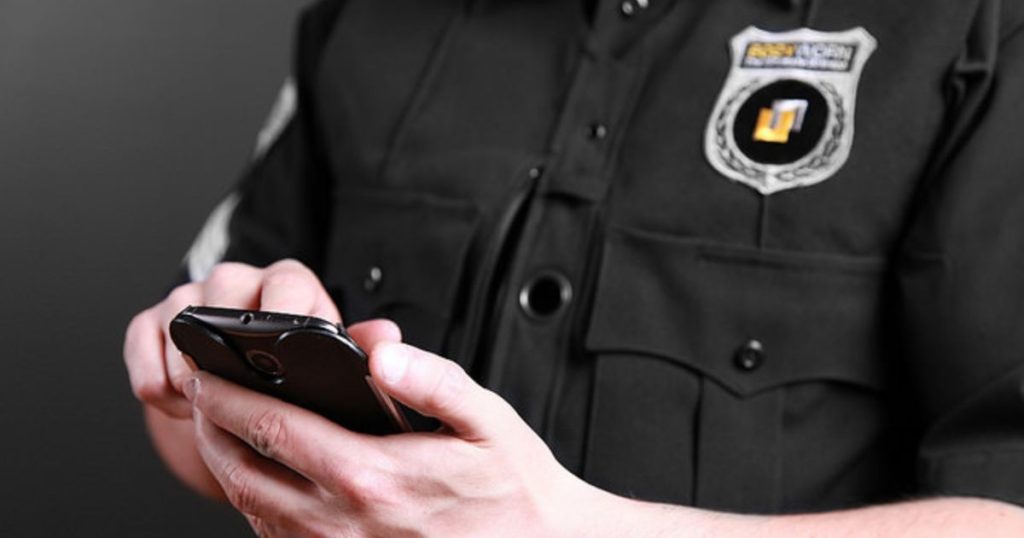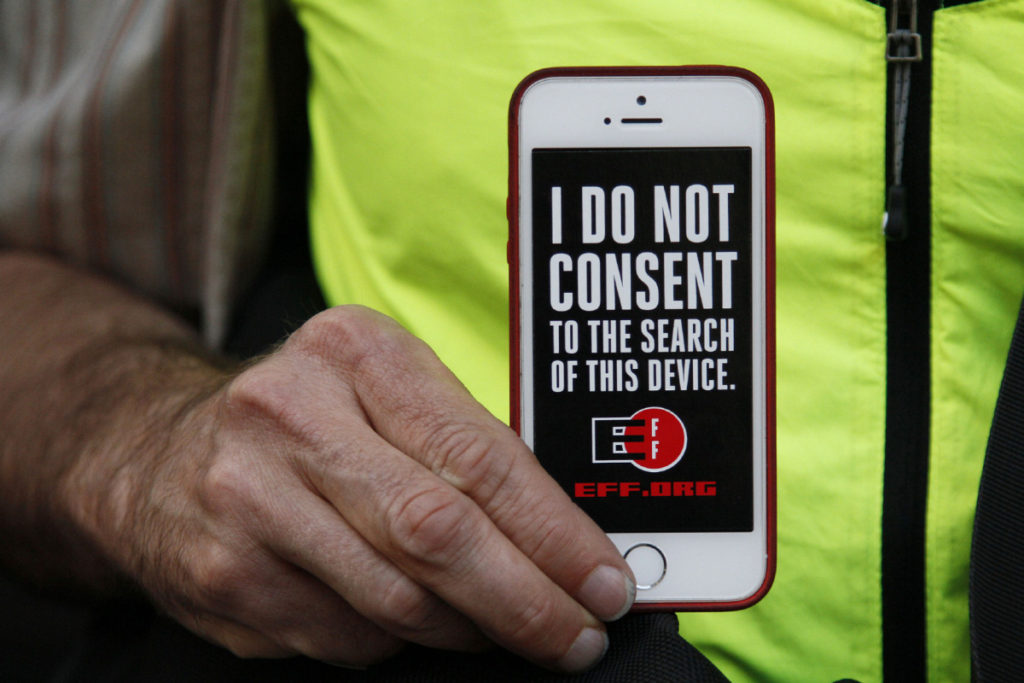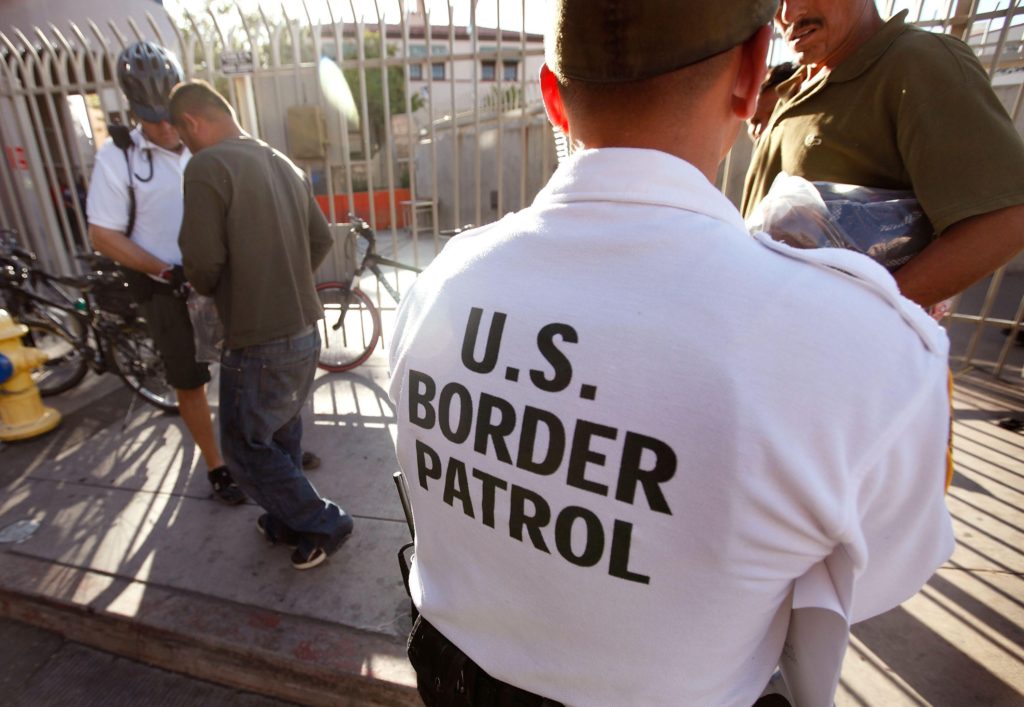Over 250 lawsuits have been filed this year by people accusing border agents of searching their cell phones, laptops, and other electronics without a warrant. The Knight First Amendment Institute of Columbia used the Freedom Information Act to acquire data from the Department of Homeland Security.

People feel like their privacy got violated when they got detained for hours at the border to inspect electronic devices. A Muslim man told his story about going through the border but not feeling very welcomed whatsoever.
“Once after a long interview, the officials interviewing me confessed that America wanted extra Muslim leaders and imams like myself. However, they took my mobile phone and downloaded all my contacts and messages,” the man explained. “My spouse and I have been subjected to wondering through TSA brokers, and my computer and smartphone were searched.”

“I’m a certified legal professional in the state of Minnesota. My mobile phone may be my paintings telephone and contained legal professional/consumer privileged knowledge,” he continued. Other cases mention the border agents asking for electronics, but if the owner refuses to unlock them, they get confiscated.
This case is only one of many stories found in the data provided to the New York Times. In all cases, these people felt that their privacy got violated.
Border agents have the authority to search through the electronics of U.S. citizens and visitors alike. The purpose of this practice is to protect the border, according to immigration officials.

Back in September, the American Civil Liberties Union (ACLU) filed a lawsuit claiming that it is unconstitutional because electronic devices now carry trove of private, personal, and business information.
This article was inspired by New York Times // U.S. Government Went Through These People’s Phones at the Border. Read Their Stories.
